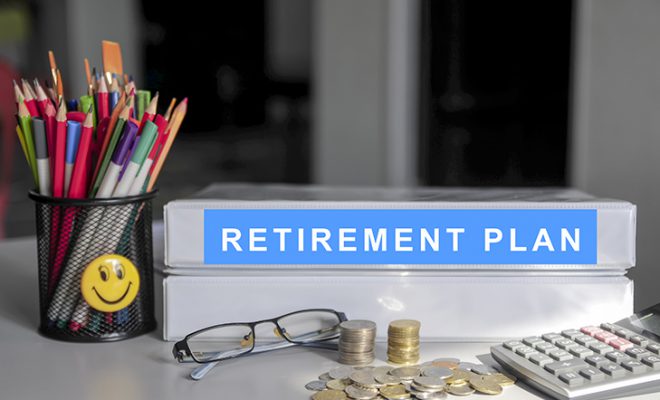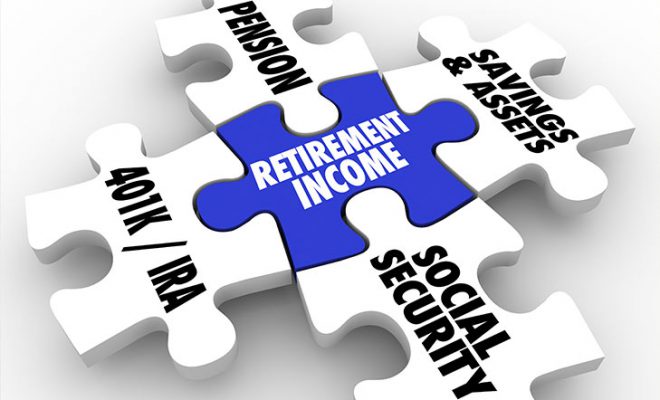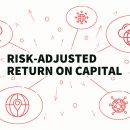Common Retirement Fears That Keep A Lot of People Up at Night

Is the mere thought of retirement giving you sleepless nights? Well, you are not alone. According to a recent survey conducted by Bankrate, 36% of Americans are losing sleep over financial concerns. The life expectancy is high in the U.S., a baby boomer is expected to live for an average of 78 years. These statistics leave most people worried about their retirement. The phobia of being dependent on others for your own sustenance can ruin your present. This is especially true for people who are nearing retirement.
Here we list down 7 of the most dreaded retirement fears, and the steps you can take to allay them.
Table of Contents
1. Falling Short of Money
According to a survey by Gallup, 63% of respondents pointed out that their biggest fear is not having enough money saved for their retirement. An easy way to deal with this fear is by cutting down on your expenses for saving and investing more. Try to diversify your portfolio to generate long-term wealth. Take help of financial advisors to plan every minute financial detail beforehand. You should also keep in mind that this fear may be blown out of proportion and you may be panicking about your future based on your current lifestyle. An average retiree spends around 30% less than what they were spending during their employment years. So, your routine expenses are likely to reduce after your retirement.
2. High Medical Costs or Healthcare Crisis
Old age is plagued with declining health, and affording good healthcare is one of the biggest fears troubling retirees or individuals on the verge of retirement. It is, thus, important to have an emergency fund which can at least cover expenses for six months. This will take care of any unforeseen circumstances that may arise. Taking care of your health, investing in a good health insurance plan, considering medical costs while planning for retirement, etc. will also serve you well in the long run. You can even consider the possibility of relocating to a place with good healthcare facilities.
3. Catastrophic Loss of Investment
It is true that the market is going to be volatile from time to time, but the manner in which you face it will matter the most in the long run. Are you going to panic and take out all your investments or are you going to wait for the market to recover? Many people have low risk-tolerability and as a result, transfer most of their money to safe assets with low returns. But if you want to earn high returns, you should build a diversified investment portfolio with stocks, bonds, real estates, and balanced funds.
4. Being Forced to Retire
Many people don’t get the privilege to retire at their own terms. With rumors of recession hitting the economy soon, getting a pink slip at your job maybe a nightmare for many.
To avoid a forced retirement, try to improve your skills so you can add more value to your company. Remember, most of the times, the least performing employees are the first ones to leave. Just how you diversify your portfolio to lower the risk on your investments, you can also invest in yourself and diversify your skills. Later, you can consider taking up some freelance work or start your business to have another stream of income.
5. Dying Debt-Ridden
Modern lifestyles are demanding, and people often find themselves living beyond their means. Be it a student loan, housing debt, car loan, or credit card payment, the mountain of debt can be high and mighty. Debt is not always a bad thing. In fact, personal loans are a simple solution to fulfill your dreams, but the problem arises when the debt never seems to end.
Try and get away from unnecessary extravagance and embrace more minimalism. Pay your debt on time as the interest may pile up to haunt you at a later stage.
6. Effects of Inflation
Rising inflation may eat into your savings. Here’s a calculator to understand how inflation can affect your retirement goals. Put your money in investments that can offer inflation-beating returns. Try saving more than what you have planned. The extra savings will act as a buffer and offset inflation trends of the future.
7. Emotional Isolation
This could be a bit off-topic but, nonetheless, an important issue which needs to be addressed. The fear of becoming a burden on your family or having to live in isolation without any emotional support can be a daunting thought. Try to improve your social network by being in touch with your family and friends. There are many groups for retired singles and couples; such groups connect like-minded people over similar hobbies or social interests.
To Sum it Up
The ‘what-if syndrome’ is very common among people on the verge of retirement and more often than not, the worries are blown out of proportion. The only thing in your control is to prepare yourself by planning for your future. Make sure you are always up to date with the government benefits being offered in your state. There is also no harm in working after retirement if your savings don’t seem adequate. Look for freelance work like teaching, photography, etc.to keep yourself engaged. It is also important to teach your children to make a living for themselves as early as possible, or the soft-love can end up jeopardizing your own retirement-plans.
Look at the positive side of retirement rather than worrying about the negative effects. Stay active and try to maintain a healthy lifestyle to ease out the mental pressure. If you still have concerns, reach out to financial advisors and share your fears about the future. They will help you choose the correct path towards a peaceful and content retirement.


















